scientifically speaking
Photo: Convergence Science Network
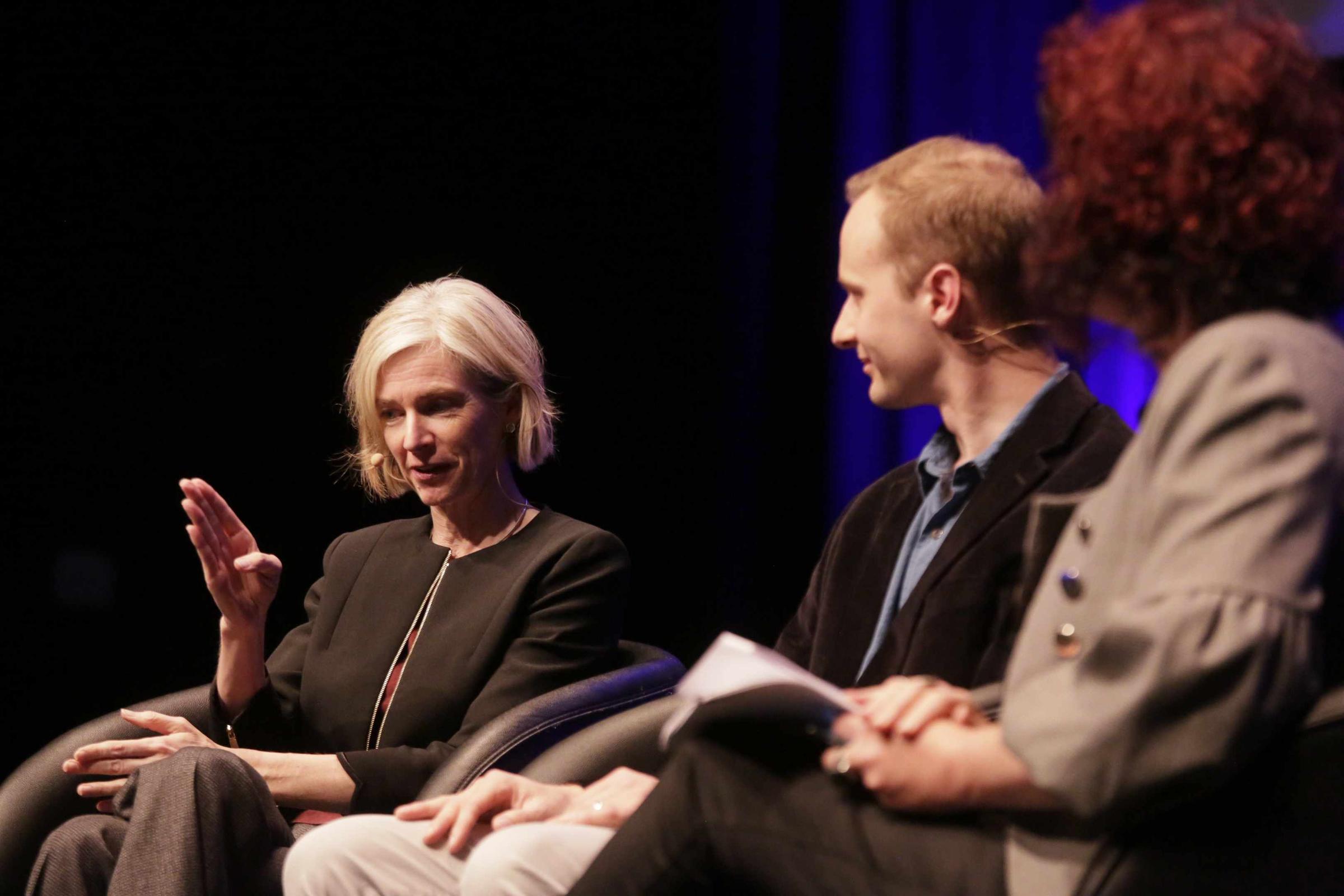
scientifically speaking
Photo: Convergence Science Network
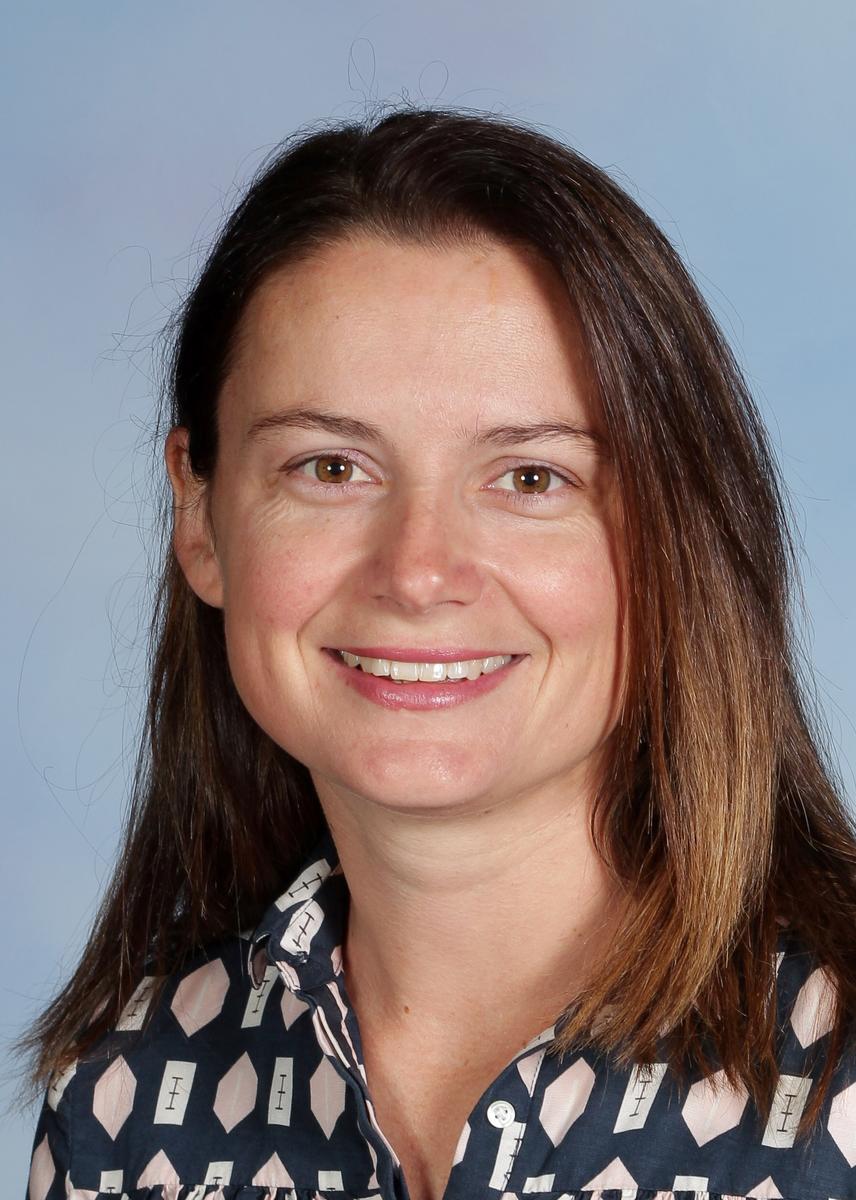
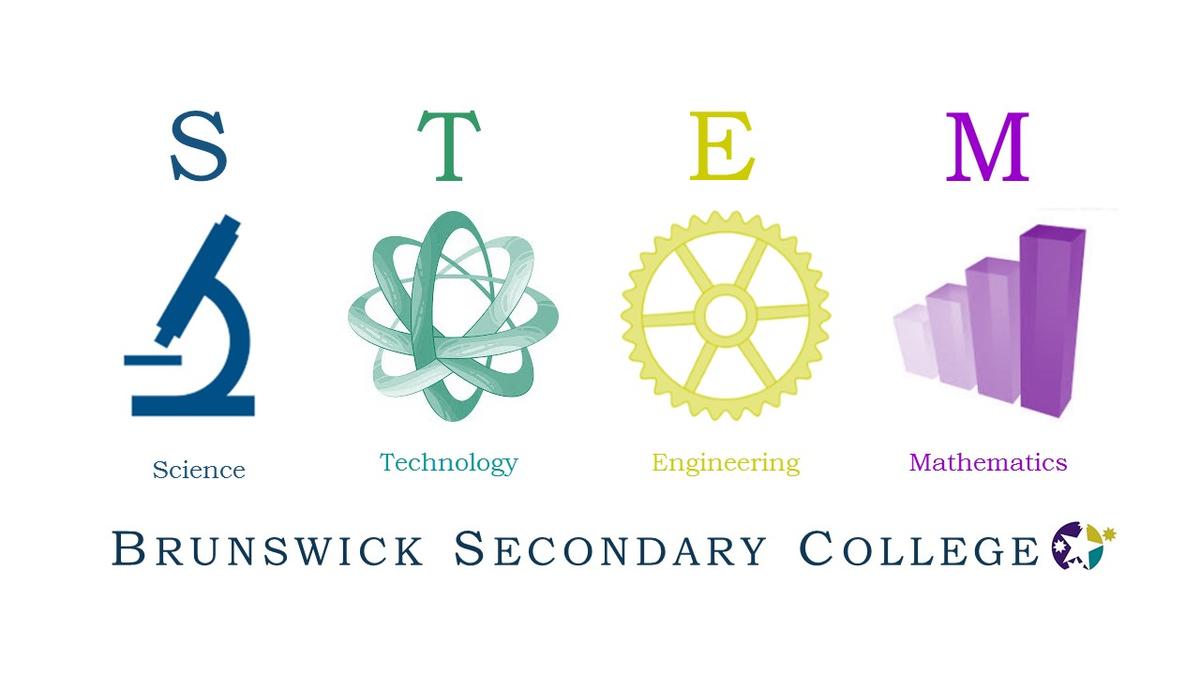


Jessica Sartori
Teacher - Science
The Science Learning Area at BSC offers a myriad of career pathways for students. Science continues to challenge and inspire students like never before - making them curious to find answers about their world and how they can contribute and be a part of this exciting field of study.
Ideas that used to be the stuff of science fiction are now firmly established as reality, and increasingly scientific research reminds us that the possbilities of human invention may indeed be endless.
Illustrating the many destinations of a science learning pathway cannot just be confined to textbooks. Listening to live lectures, meeting scientists and researchers and immersing students in current scientific discussion means that they gain deeper insight into the potential of a career in science.
Earlier in Term 1, BSC students were invited by the Convergence Science Network to attend a science lecture with Dr Jennifer Doudna and Dr Kevin Esvelt. Staff and students were also offered the chance to attend the cocktail party after the event to meet the scientists and discuss their areas of expertise.
Attending this lecture was an amazing oppurtunity for students to hear from Professor Doudna, who is perhaps the most important biologist in the world as a result of her co-invention of the gene editing tool CRISPR/Cas9. This technique allows DNA to be removed and replaced, offering the real prospect of successful treatment of hereditary disease. The CRISPR/Cas9 project has excited many researchers around the world who are now using the tool in experiments.
BSC student feedback from the event was extremely positive and their discussions afterward showed that they had not only enjoyed the lecture but also gained a better understanding of the exciting, far-reaching and life-changing work that a career in science can offer them. The event also encouraged healthy discussion around the ethical questions posed by this research and the important role that scientists play in meeting the demands of the ethics debate.
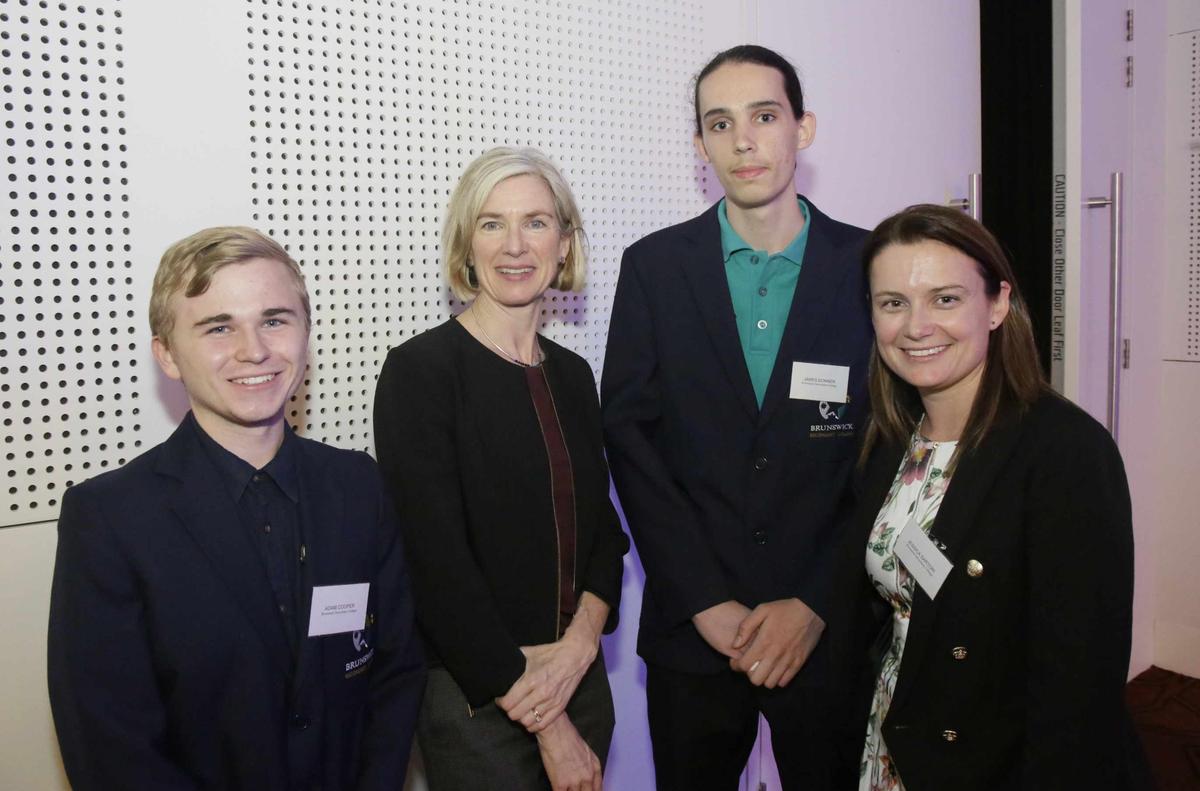
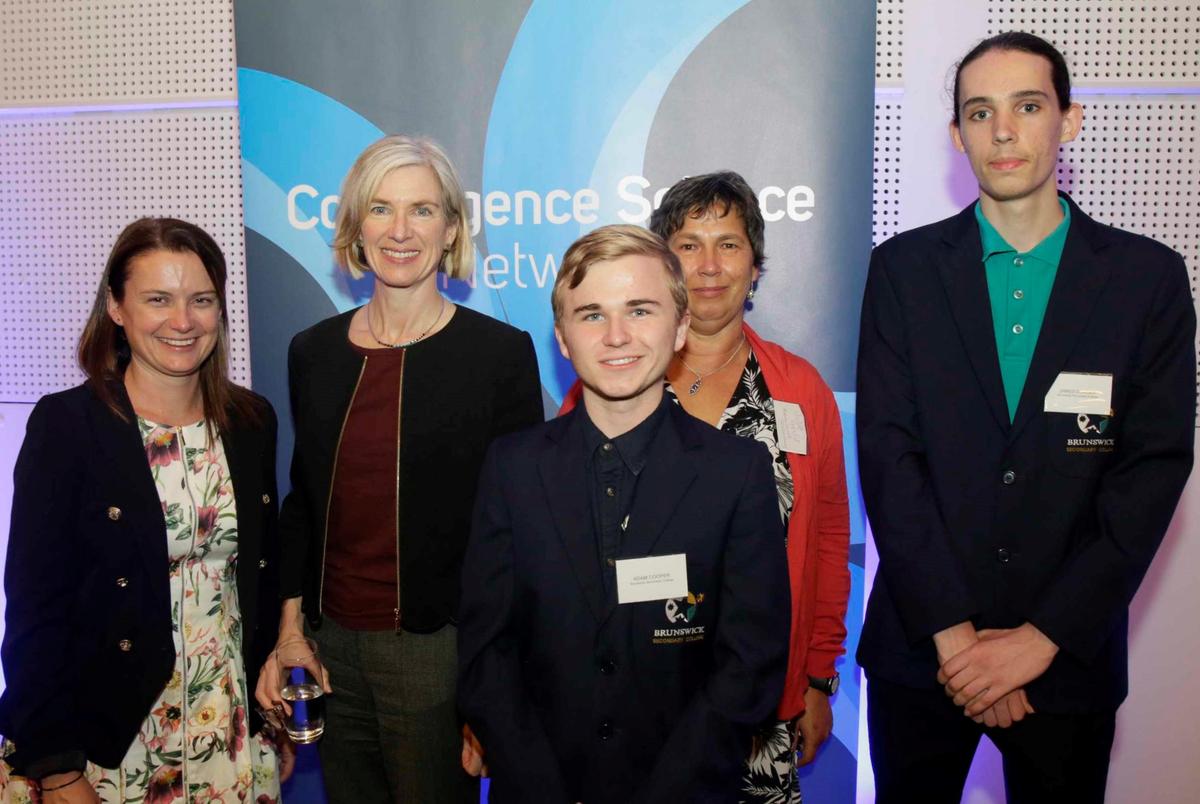
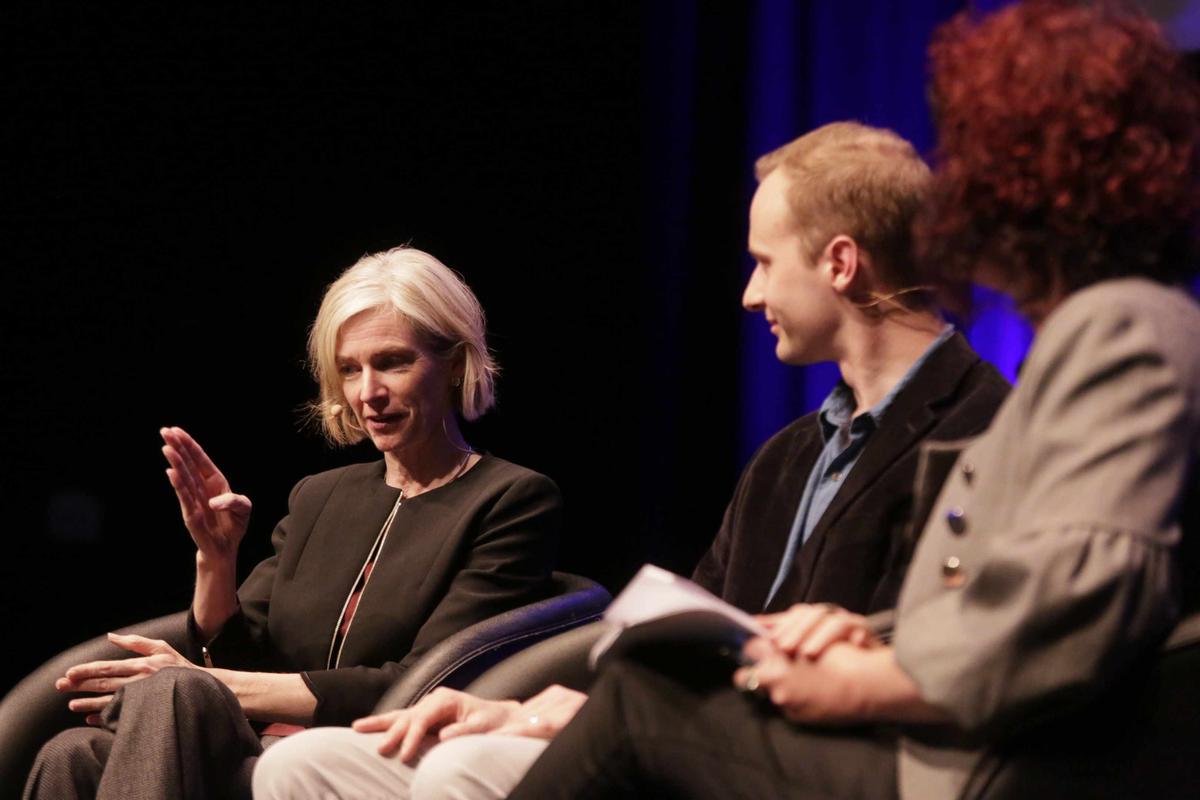
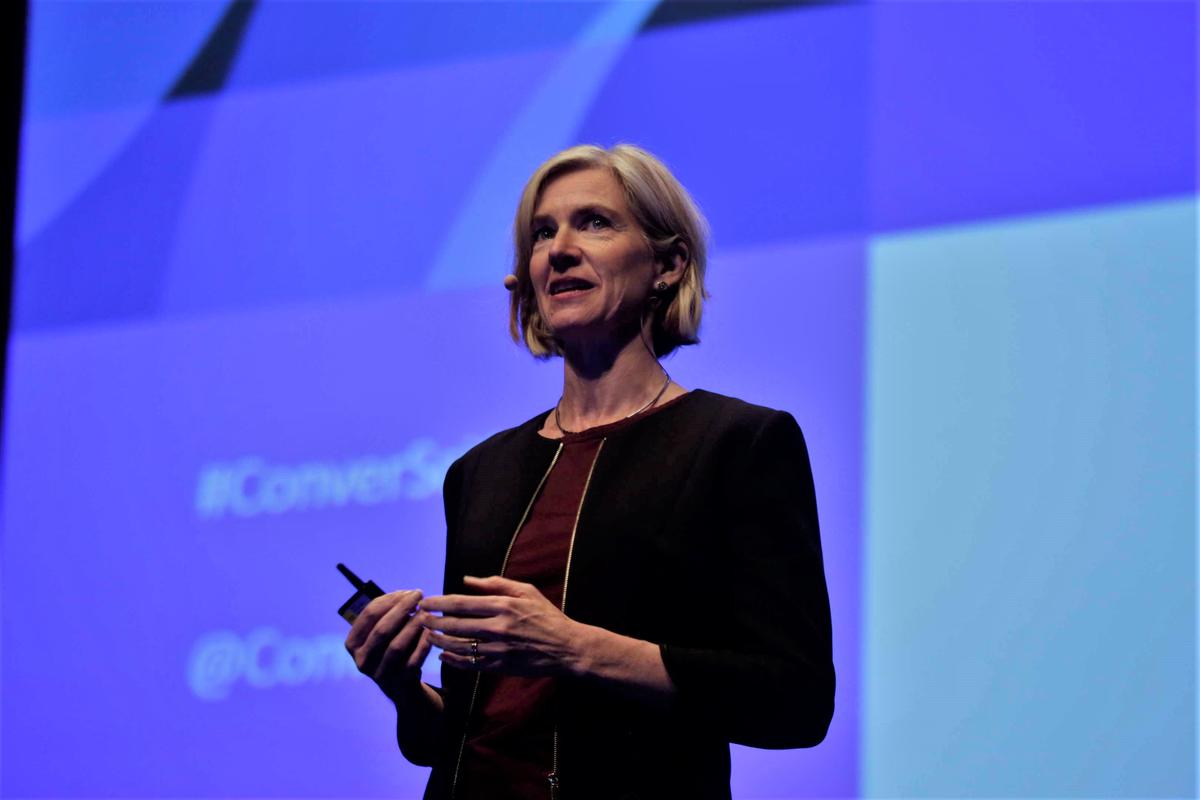






Nguyet Nguyen
Year 11
I thoroughly enjoyed the gene editing talk, it was very eye opening in terms of the new technology that are being developed and gives me hope for the future.
The discussion about the ethics and use of the gene editing tool also made me think a lot about how the tool should be used. It made me think about what the future holds for this type of technology and how the technology will develop. The highlight of the night for me was when the audience had the chance to ask Jennifer Doudna and Kevin Esvelt a few questions. Although I did not get a chance to ask a question, listening to the audiences questions was very intriguing.
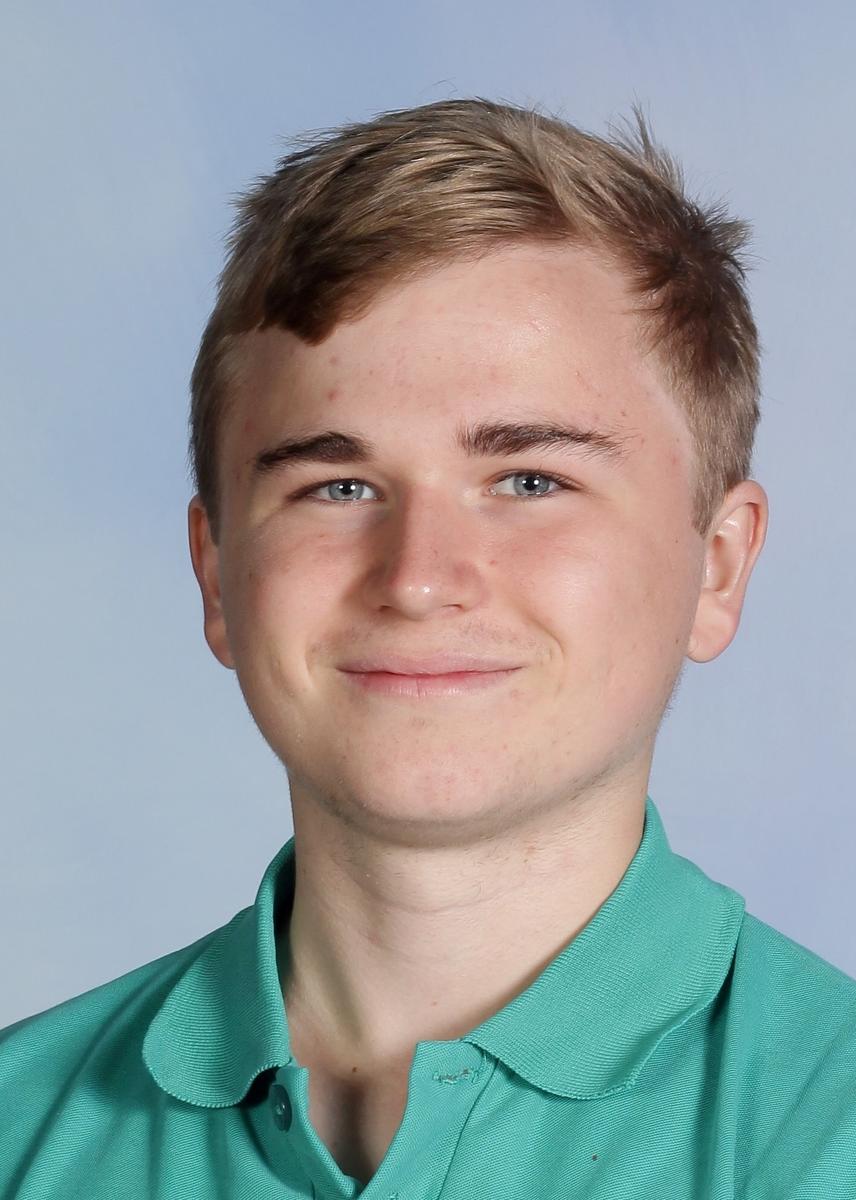

Adam Cooper
Year 12
STEM Captain
Listening to Jennifer Doudna talk about her work was both thought-provoking and inspiring. Her ability to simplify the key points regarding the function and process of how CRISPR works made it easy for me and the other students to follow. Even more interesting was listening to the responses provided to the questions asked of Jennifer. The lecture raised many very interesting perspectives on how we should approach gene editing for the future and how Jennifer's work will shape the society of tomorrow. I look forward to more of these eye-opening lecturesin the future.
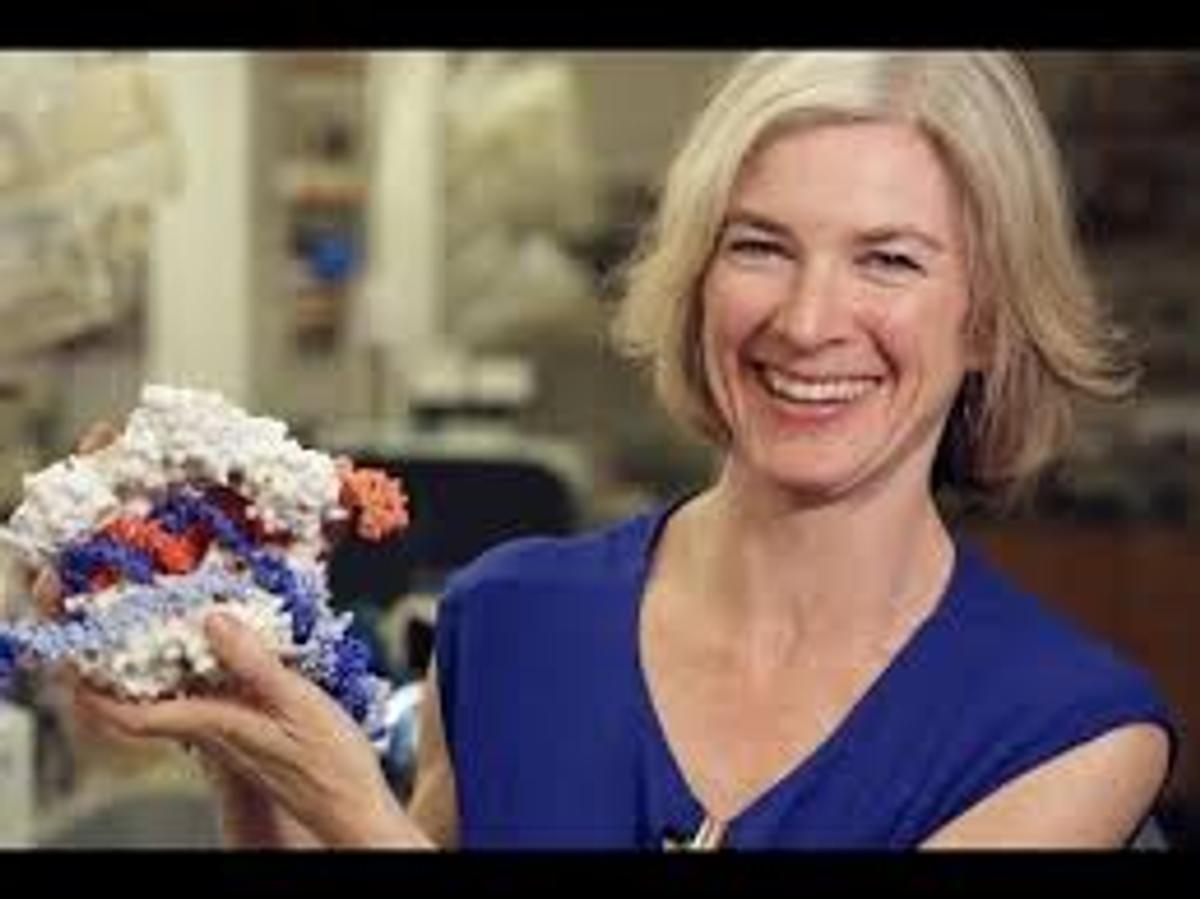
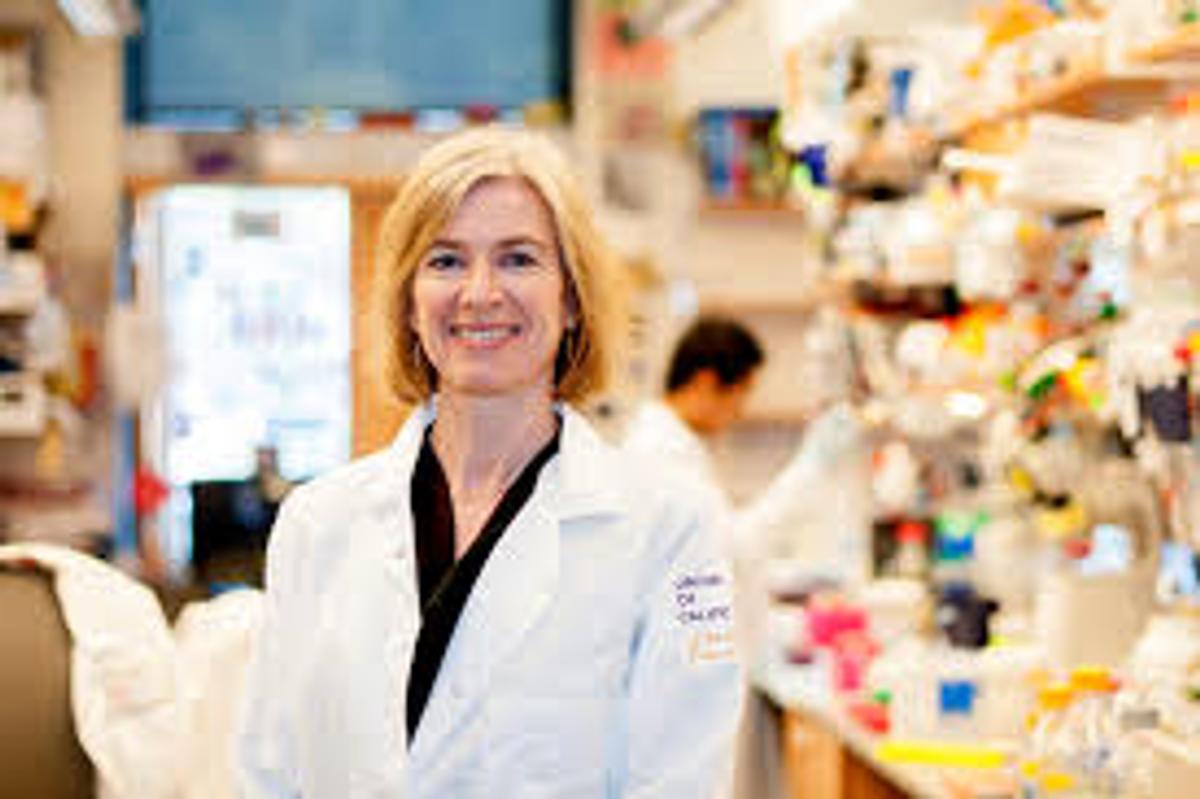
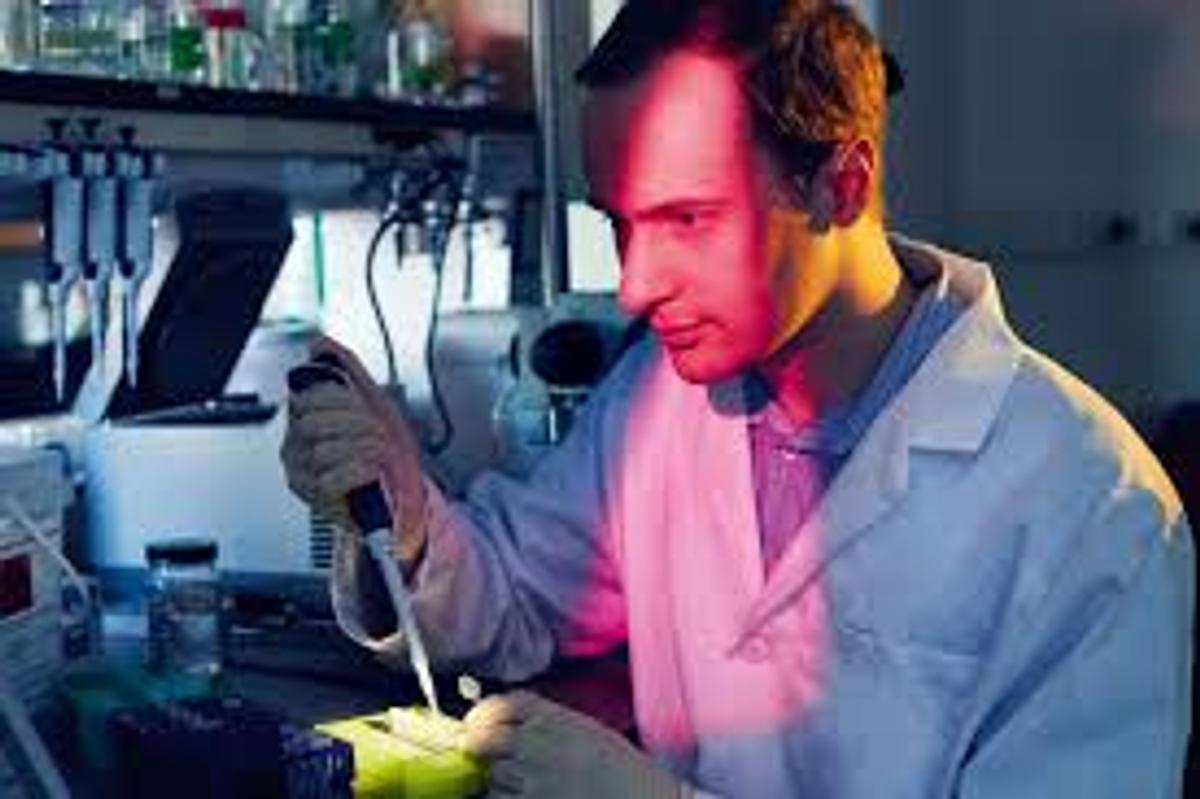
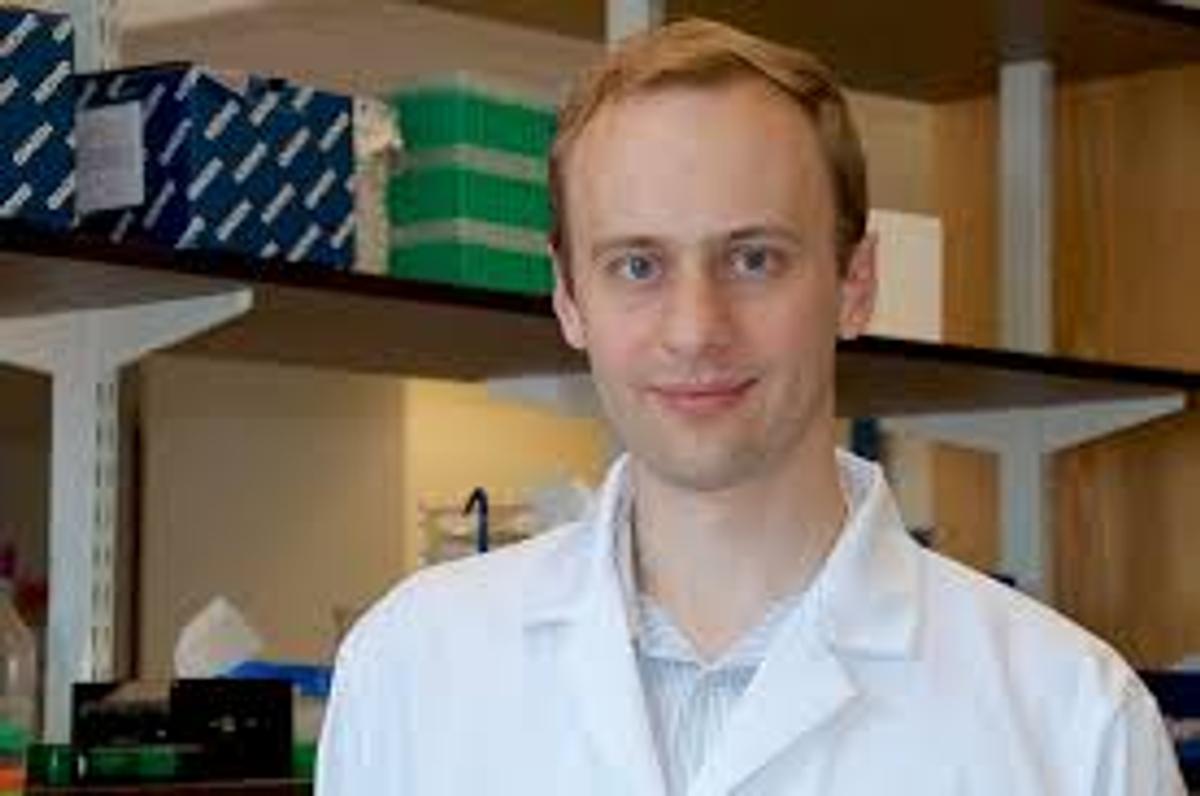




Find out more about the fascinating work undertaken by Dr Doudna and Dr Esvelt.